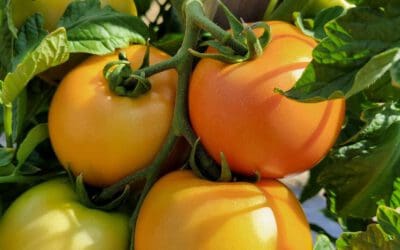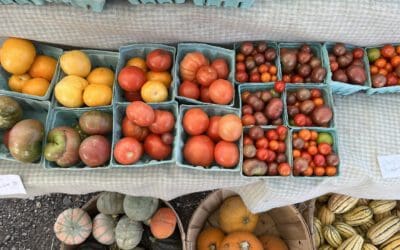
Strengthen Food Stability & Economic Growth
Strengthen access to local and culturally preferred foods with a focus on food stability for all while expanding growth opportunities for farm and food businesses
The Big Why
While progress has been made in recent years, food insecurity continues to challenge Maine residents. Primary drivers are poverty, limited community resources, lack of access to land to grow food, lack of economic opportunities, and limited educational and training opportunities. The “Ending Hunger in Maine by 2030” report has highlighted the equity gap in household food security in Maine, finding that Black, Indigenous, and people of color (BIPOC) experience food insecurity at a rate two to four times higher than the state average and food insecurity rates have persisted and increased for Black households and households with children.
Androscoggin County contains Maine’s second (Lewiston) and fifth (Auburn) largest cities for a combined total population of 61,000 people making it the second largest metro area in Maine. The County is ranked 12th out of 16 counties for health outcome rankings in the state. In 2020, Feeding America estimated that 12% of the population (or 12,920 people out of 108,547) were food insecure in Androscoggin County.
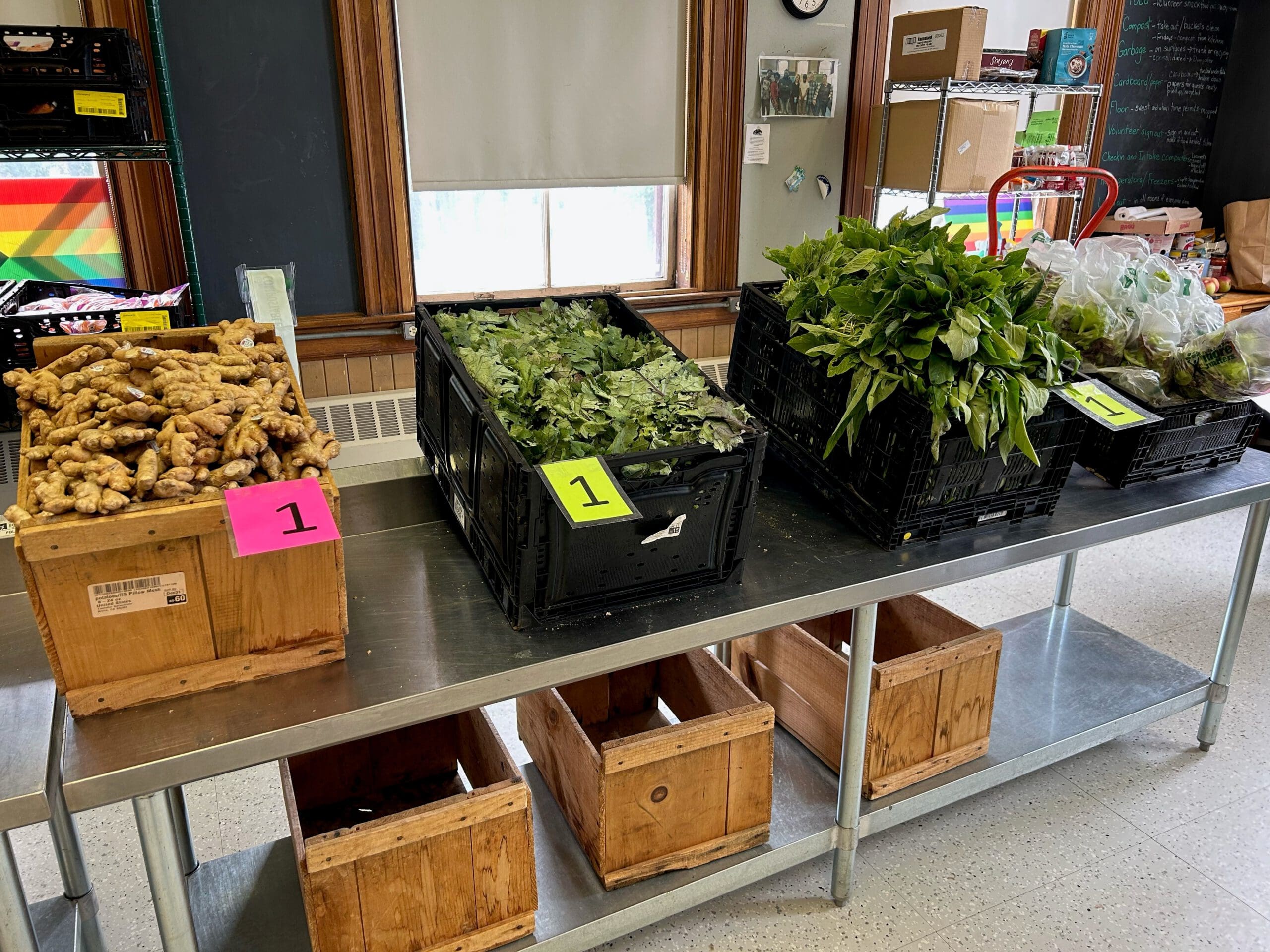

Limited access to community resources and land to grow food also contribute to LA’s food insecurity problem. Downtown Lewiston is designated a “Low Supermarket Access Area” and the likelihood of living near a fast-food restaurant or a store that sells only soda, alcohol, tobacco, and no fresh produce is much higher than having healthy and culturally appropriate options. Nearly 50% of downtown LA residents do not have a car and public transportation is limited. Walking to the nearest full grocery store with healthy fresh foods is additionally challenging given the local geography, which includes steep hills that need to be climbed (from a low elevation of 140 ft in downtown LA to 282 ft elevation at the grocery store) which is difficult for many on a fair weather day and even more challenging during Maine’s long winter. Recent socio-economic conditions including increased food and energy costs coupled with cuts in benefits are driving increased use of emergency food services.
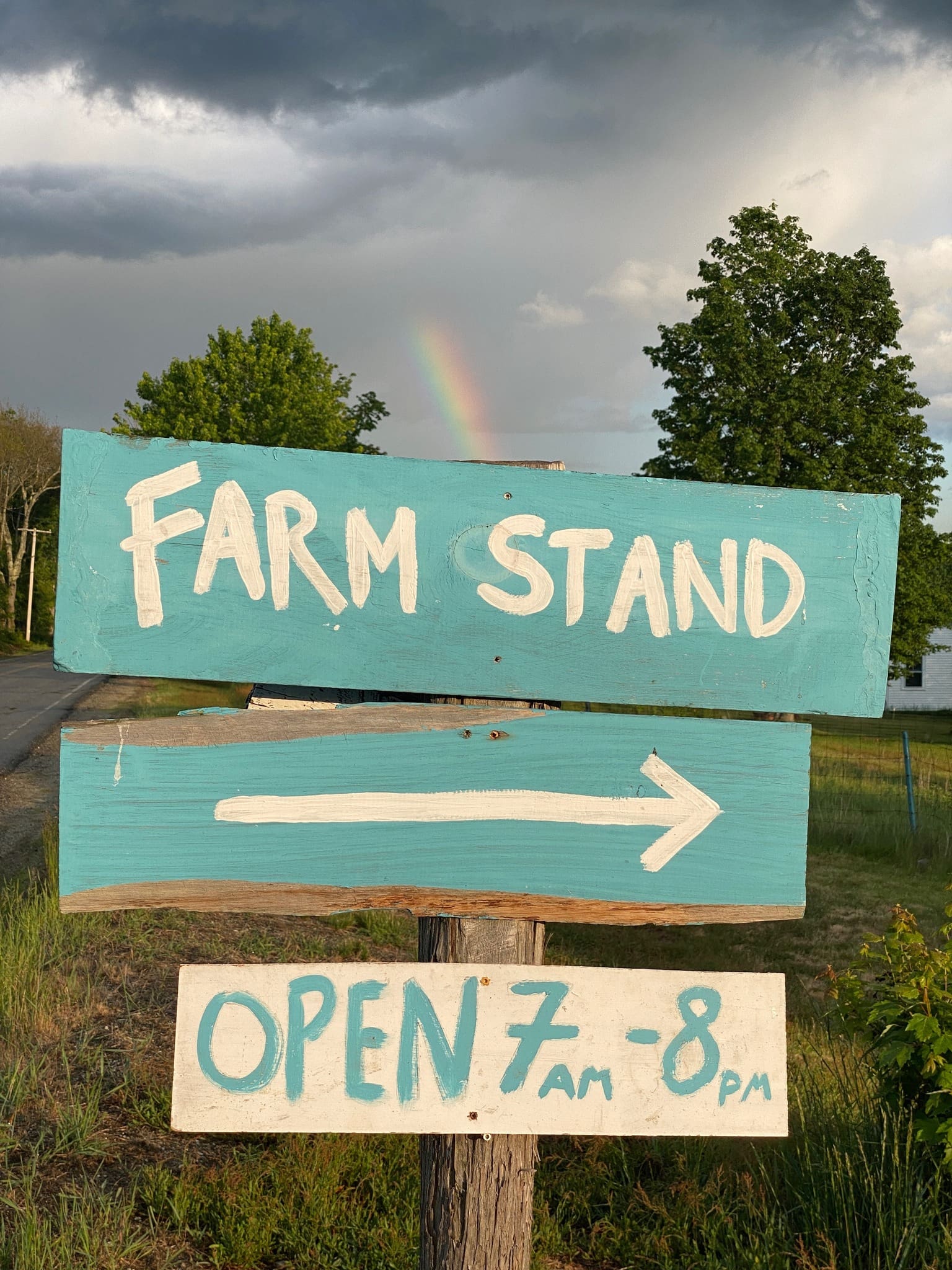
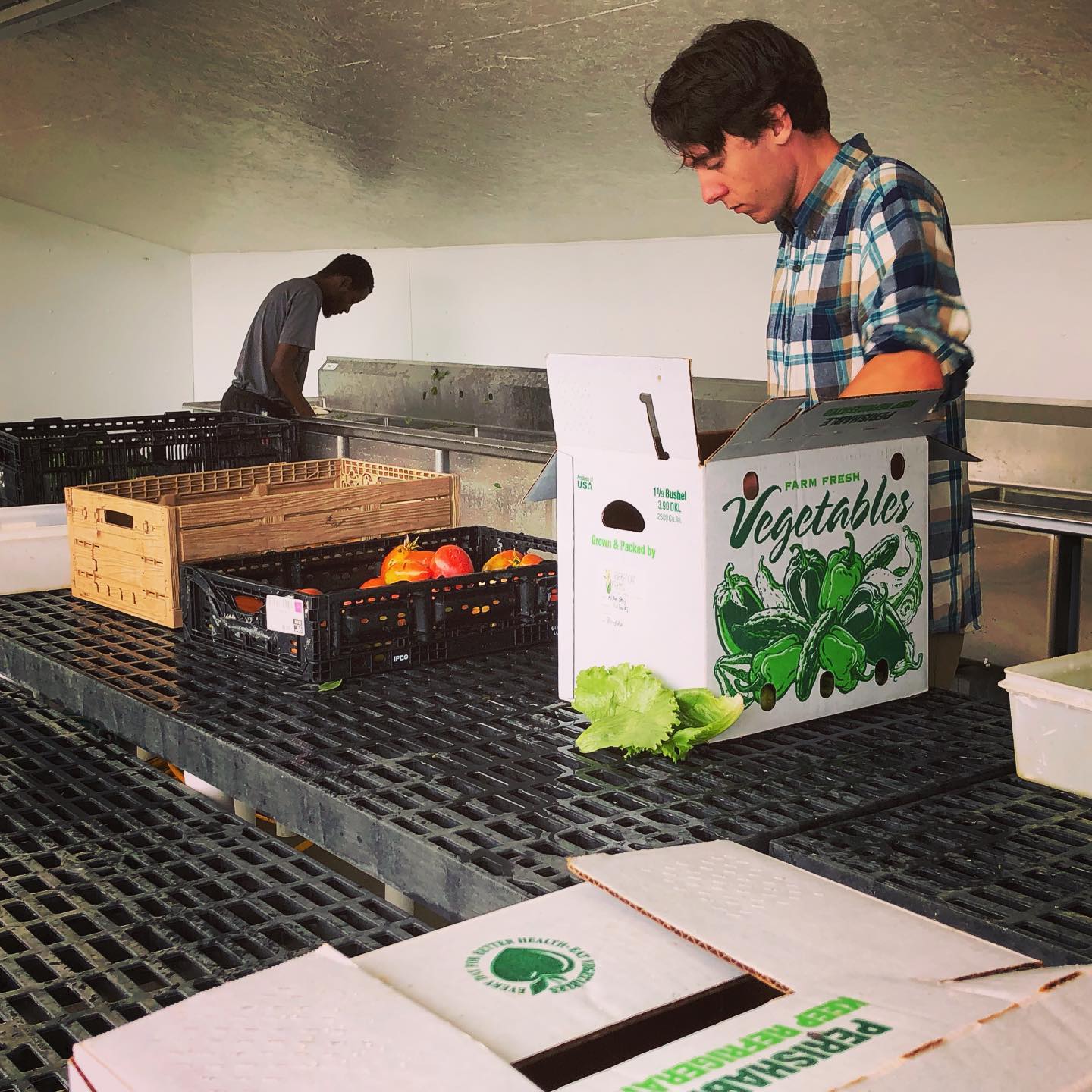
Appearing in the original Local Foods Action Plan LA as a feasibility study to create such a market, the LACM is the state’s first cooperatively owned cultural market and shared use grocery and is set to be built in the Tree Street neighborhood where food insecurity and poverty is most acute. The LACM is owned and operated by a 20 member board, the majority of whom live in Lewiston Auburn and represent a range of New American and low income communities. This market will be geared to meeting key cultural food needs and as a worker-owned model will help to provide stable income and wealth generation for both farmers and those operating the business. Once in operation, the LACM will be a unique combination of small-scale processing, dry and cold storage, and low-cost food retail. This hybrid business model ensures stability and maximizes impact through meeting explicit food, workforce development, and community needs in the downtown.
Newly updated LFAP LA actions meeting the STRENGTHEN goal help to continue the momentum in the key areas of local and culturally preferred food access while directing income to farmers in the region.
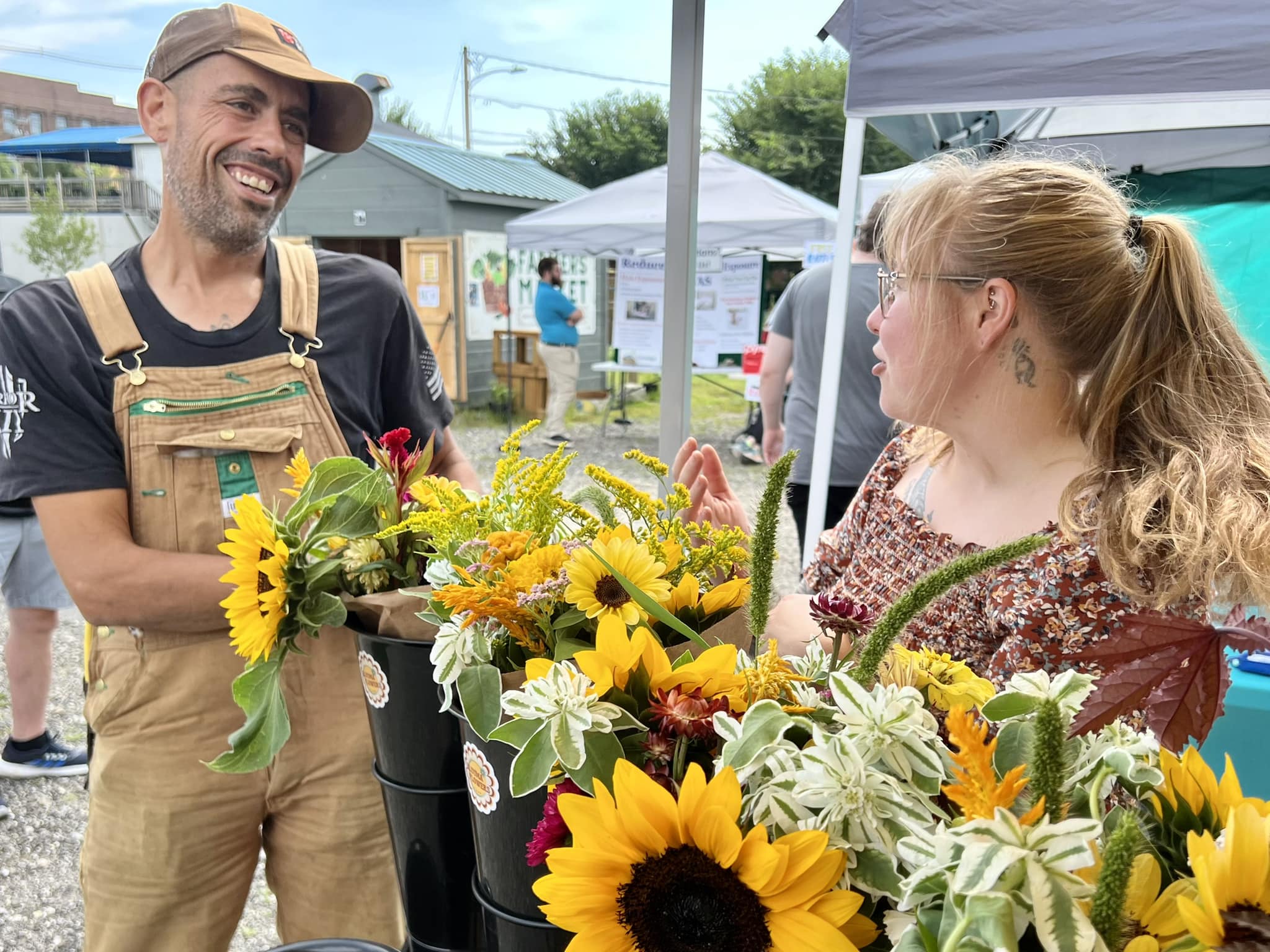
The Actions We Will Take
This goal is active and progress is being made towards achieving it.
This goal is active and progress is being made towards achieving it.
This action is appearing in our plan for the first time, it just sprouted.
This action is appearing in our plan for the first time, it just sprouted.
This action is appearing in our plan for the first time, it just sprouted.
This action is appearing in our plan for the first time, it just sprouted.
This goal is active and progress is being made towards achieving it.
This goal is active and progress is being made towards achieving it.
Finding Hope & Resilience During Turbulent Times
Visions for a Thriving Resilient Food System for Lewiston Auburn
Over the course of the plan being updated, partners, stakeholders, and community members were invited to share their vision for a Thriving, Resilient Food System in Lewiston-Auburn. The visions shared by our community include: Lewiston Auburn has a resilient, robust...
Developing a Community Food Center in LA
Emmy Andersson, of the Cooperative Development Institute (CDI), shares about work that CDI and the St. Mary’s Nutrition Center have been doing to advance the community-driven goals and actions in the Local Foods, Local Places Action Plan for Lewiston-Auburn....

